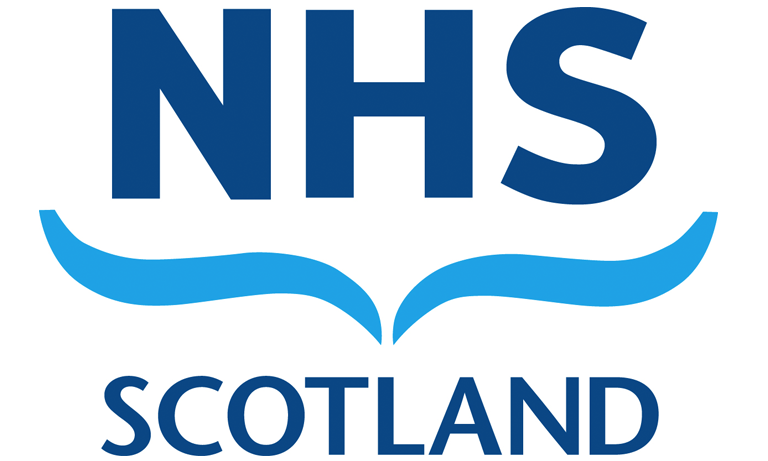 Scottish government figures report that another 750 full-time NHS staff are expected to be brought on board by 2017
Scottish government figures report that another 750 full-time NHS staff are expected to be brought on board by 2017In a recent staff survey, just 31% of NHS responders across the UK said there were enough staff in their department to allow them to carry out their duties. This crisis has hit some areas of Scotland particularly hard, leading to finger pointing and accusations from both sides of the Scottish parliament.
Many on the opposition side are claiming that a lack of funding is the root of the problem; beyond this, the problems of mismanagement are also apparent.
What does the future hold for Scotland?
Scottish government figures report that another 750 full-time NHS staff are expected to be brought on board by 2017. This number includes 138 additional members of staff for NHS Grampian and 12 new members of staff for NHS Highland.
While this projection of 700+ new staff members is very welcome, many consider the number is simply too good to be true, while others say it is not high enough.
What drives a staffing crisis?
Staffing the NHS has become a complicated procedure involving problems of funding and morale. When staff levels are low, healthcare work becomes more difficult; if staff numbers stay low, many individuals will have no choice but to leave the service. Recruiting and retaining good nursing staff is always difficult and departments must turn to the agencies to plug the gap and break the circle of resignations when the staff numbers are not there.
This may sound like a viable solution; however, Press and Journal recently reported that NHS Grampian was forced to increase its agency spending by 2,700% since 2011 and NHS Highland saw a 200% increase in the same period. This translated into a total spend of some £1.9m on agency nurses for NHS Grampian and a £1m spend for NHS Highlands.
While both trusts were earmarked for their inability to recruit and retain staff, more recent reports have seen their efforts to hire more staff as proactive and successful, proving that things can be turned around.
Jobs waiting to be filled
There are currently some 2,200 staff vacancies within the NHS across Scotland, with opposition politicians frequently calling on the SNP to provide a concrete plan of action as to how this shortfall will be tackled.
For many, a stagnant level of funding is the obvious problem. As more and more of us are living longer and surviving illnesses, so we need later healthcare services or repeated treatments. No matter how it is accomplished, this will mean higher rates of funding.
Now or never
As many opposition MPs are quick to point out, this crisis of staffing levels is not one that will simply go away – we are never going to be in the situation where we need fewer doctors, nurses, midwives and support staff. The current trend for addressing the shortfall through agency workers simply drains more and more money from the reserves that would be better spent recruiting and retaining full-time healthcare professionals.
Join Over 40,000 Recruiters. Get our latest articles weekly, all FREE – SEND ME ARTICLES
Recruiters love this COMPLETE set of Accredited Recruitment & HR Training – View Training Brochure








